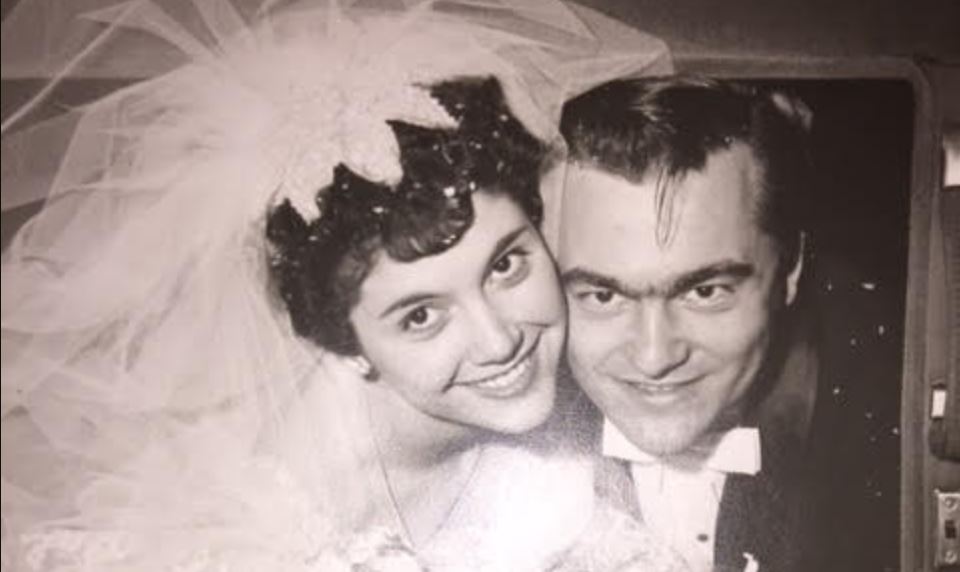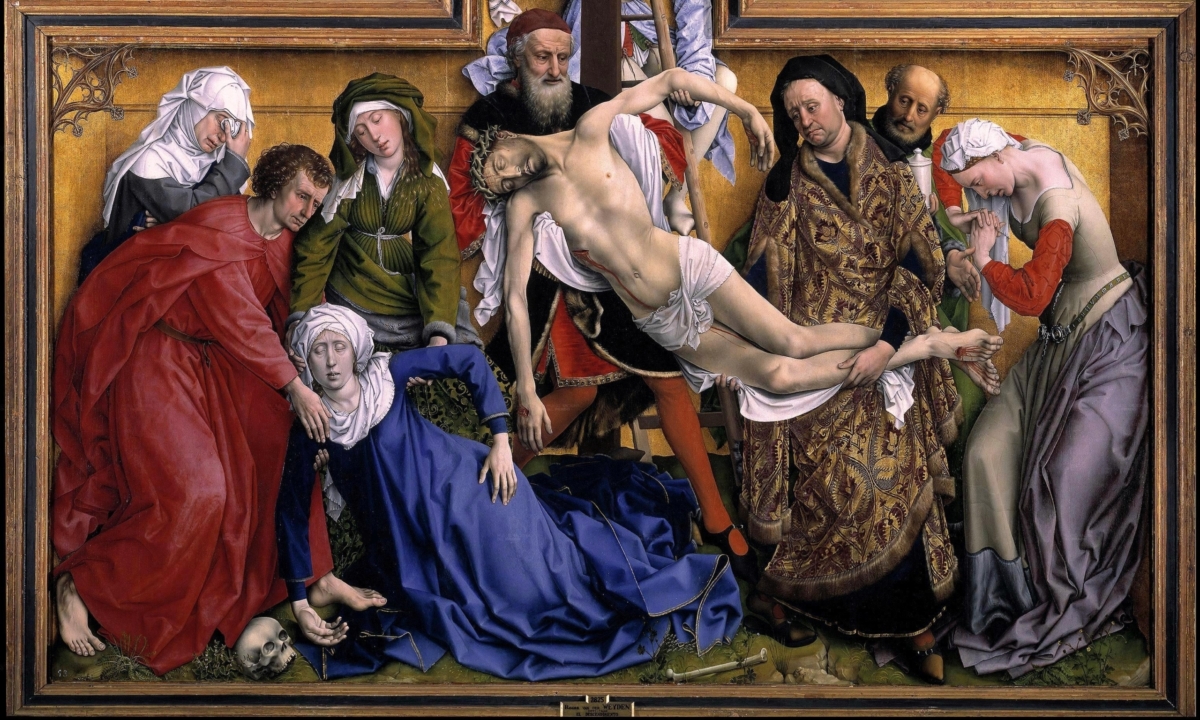Marriage
A Royal Invitation is Issued and Accepted
Isn’t that a beautiful young couple up there, circa 1957? They’re still a beautiful couple 62 years later, but the joy of that day — one that was reflected for all these decades through all of the ups and downs that go with a marriage, and a live fully lived Read more…



